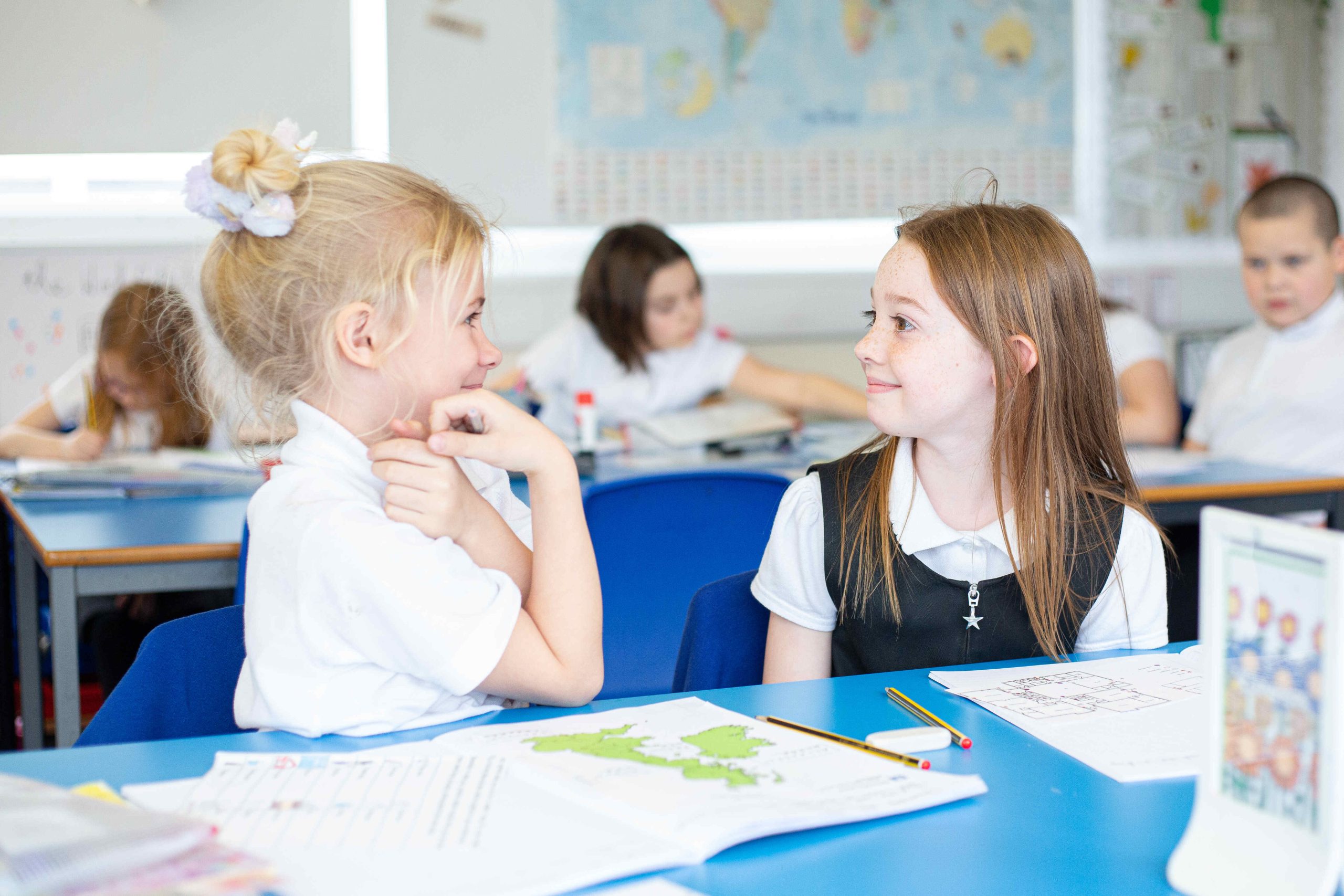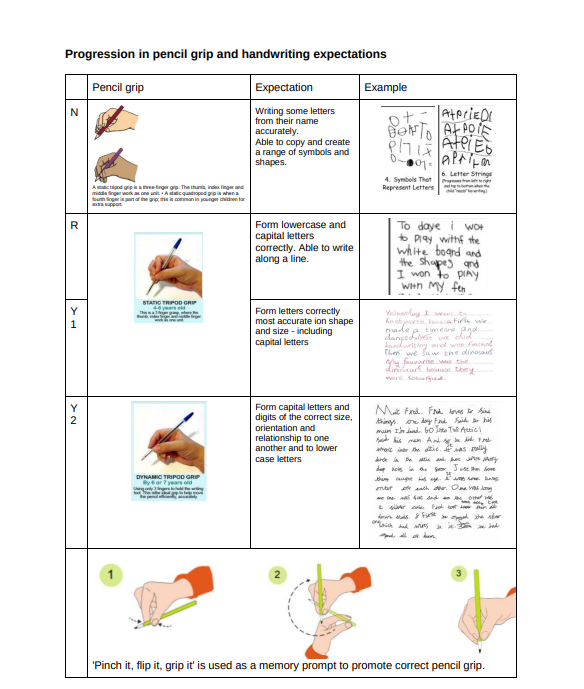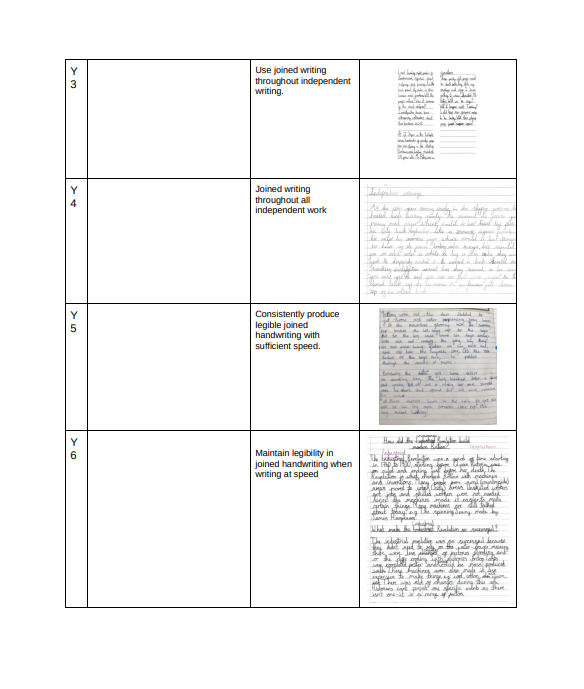Our Curriculum
We endeavour to ensure our children leave the school as independent, confident, successful learners with high aspirations who understand how to make a positive contribution to their community and wider society.
We ensure we provide pupils with memorable first hand experiences. We focus particularly on developing the oracy skills of our pupils, by providing rich relevant vocabulary and appropriate stem sentences. We use strategies to ensure children remember more and enjoy learning.
Our curriculum at Adderlane is sequenced from the day they enter the school until the day they leave, building on prior learning and developing basic skills.
Through our subject planning we aim to ignite a lifetime interest in the wider world. The children’s own community and traditions are frequently used as a starting point for engaging interest. We focus on nurturing children’s personal and social development. We endeavour to prepare our children for life in modern Britain.
We hope to foster an enjoyment of the curriculum, promoting achievement, confidence and good behaviour. Confident children who feel safe will try new things and we hope that here at Adderlane we offer a varied diet of experiences in abundance!
For more information click here
Online Safety
WISE Academies believe that IT should be used as a means of enhancing learning and engaging pupils. IT is not a subject within its own right; rather skills are taught and then used across the entire curriculum. The mission of the company is to equip children for living in the 21st century. This is realised when the learning environment is resourced with up-to-date technologies and staff have the knowledge and skills to use these effectively to move learning forward.
Online Safety
Within school, pupils are taught about how to stay safe in our modern digital world.
The person responsible for E-Safety in school is Emma Potts
The designated safeguarding leads in school are:
-
Emma Potts
-
Rebecca Forest
- Abbie Dixon
Our Safeguarding governor is Josh Lamb
If you have any concerns about online safety please contact one of these members of staff.
The CEOP website contains some really important information for parents and the Childnet site gives helpful guidance on social networking for parents. The SaferInternet site also provides advice on setting up parental controls on your home computer.
The Click Clever, Click Safe site has lots of useful information about Cyberbullying.
As parents you can help by:
- having open discussions about your expectations and how to stay safe online
- closely monitoring the sites your children are accessing
- limiting the amount of time your allow your child to spend online or using gaming devices
- discouraging the use of social network sites under the legal age of 13 such as Facebook, however, if your child does use social media remind them to only communicate with friends and family (people they know and trust in the real world), and also to ensure that their privacy settings are set high and to make them aware of how to report an incident if they feel uncomfortable.
- ensuring they do not give out any personal details to people they meet online including on games consoles such as Xbox and PS3.
- take notice of PEGI ratings – age rating is there for a reason and could mean that your child is being exposed to inappropriate materials if you do not abide by them.
Anti Bullying
What do we mean by bullying?
At Adderlane Academy, we recognise bullying is a mixture of behaviours and impacts which can impact on a person’s capacity to feel in control of themselves. It is all about relationships and role modelling, and what happens when these go wrong.
Bullying is a mixture of behaviours and impacts which can impact on a person’s capacity to feel in control of themselves. Bullying takes place in the context of relationships; it is behaviour that can make people feel hurt, threatened, frightened, exploited and left out.
This behaviour can include:
- Being called names, teased, put down or threatened
- Being hit, tripped, pushed or kicked
- Having belongings taken or damaged
- Being ignored, left out or having rumours spread about you
- Receiving abusive messages electronically
- Behaviour which makes people feel like they are not in control of themselves
- Being targeted because of who you are or who you are perceived to be
- Being forced to be involved in activities that you are uncomfortable, including bullying by adults such as through emotional or physical abuse or sexual exploitation
This behaviour can harm people physically or emotionally and, although the actual behaviour may not be repeated, the threat may be sustained over time, typically by actions: looks, messages, confrontations, physical interventions, or the fear of these. But this is not an exhaustive list, and it is important to consider impact, intent and persistence when defining bullying behaviour. Our curriculum ensures that our children understand that there are different kinds of bullying and what to do if they feel that they are being bullied.
IT'S IMPORTANT NOT TO GET HUNG UP ON 'HOW' SOMEONE IS BEING BULLIED, BUT INSTEAD FOCUS ON THE IMPACT THAT IT'S HAVING ON THEM
Is intent required?
Every bullying incident is looked at individually. In some cases, children may not be aware that their behaviour is actually bullying. They are perhaps modelling the behaviour of adults or other children and young people, not understanding that it is wrong because they have never been taught otherwise. In these circumstances, the intent to bully may not be present, but the impact and effect on the person being bullied will be no less severe because of this.
It is explained to the child bullying that their behaviour is unacceptable and why. Intent is difficult to prove and it’s more important to focus on the behaviour and the impact it had, rather than trying to establish whether someone acted deliberately or not.
Does the behaviour have to be persistent?
The issue with persistence is that the behaviour has to take place more than once, but the impacts of bullying can be felt after a single incident.
Bullying doesn’t need to be persistent to have an effect on the mental health and well-being of a child. For those who have been bullied, the fear and anticipation of further bullying can affect their ability to be themselves and interact with others in a healthy fashion. Bullying behaviour and its potential impacts on children are addressed as they arise.
How persistence is viewed by one person - for example daily, weekly or monthly - may be quite different to how it’s viewed by someone else, leading to inequality and inconsistency of practice. It isn’t helpful to wait and see if a pattern or repetition emerges before taking action. It is vital to respond to the behaviour that you see and the impact this is having, rather than relying on a rigid definition.
What about impact?
Bullying can affect children in different ways and this should be taken into consideration. If we are unsure if behaviour is bullying, look at the effect it is having on the child. If they are unable to respond effectively and regain their sense of self and control in the situation, adults need to intervene to help restore it. What we do about bullying is more important than how you define it. Keeping the focus on impact and response reduces the likelihood of getting caught up with issues of persistence and intent.
We should always remember that children will tease each other, fall in and out with each other, have arguments, stop talking to each other and disagree about what they like and don’t like. This is a normal part of growing up and should be distinguished from bullying. However, in an environment where this behaviour is left unchecked, it can lead to bullying, making those being bullied feel afraid, uncomfortable and unsafe in their environment.
Labelling
Another core message that underpins the work we do is in our approach to labelling; we don't label children as ‘bullies’ or ‘victims’. Care is taken because labelling is not without its risks. Labelling a child on the basis of bullying behaviour can result in a confirmed identity as a ‘bully’ or ‘victim’ resulting in ongoing behaviour patterns based on this identity. We have developed approaches to working with bullying which hopefully avoid the labelling dilemma.
This is not about diluting behaviour but is to keep the focus of the adult’s responses on the behaviour that is problematic, rather than the assigning characteristics to those involved. This is a solution focussed approach that is designed to help children change the way they behave, rather than attempt to change who they are. We help children change by telling them and naming the behaviour that is unacceptable, being clear that what they are doing is bullying and that it needs to stop.
Help
If you suspect that your child is being bullied, do not hesitate to get in touch with a member of the Academy team. We will always do whatever we can to make a child's situation better. Along with our WISE Academies Family, we have developed a range of policies and procedures that enable us to take swift action to investigate allegations of bullying and put support in place for all concerned to eradicate the undesirable behaviour and offer support. Policies available include:
- Anti-bullying policy
- Anti-cyberbullying policy
- Child Protection and Safeguarding Children policy
- Behaviour Policy
These documents may be viewed on our statutory information page.
Bullying is neither accepted nor tolerated at Adderlane Academy.
Working together with children and families, we can make things better for everyone.

Fundamental British Values
The Department for Education states that there is a need “to create and enforce a clear and rigorous expectation on all schools to promote the fundamental British values of democracy, the rule of law, individual liberty and mutual respect and tolerance of those with different faiths and beliefs.”
The government set out its definition of British values in the 2011 'Prevent Strategy' and these values were reiterated by the Prime Minister in 2014. At Adderlane Academy, these values are reinforced regularly and in the following ways:
Democracy
Democracy is embedded at the school. Children are always listened to by adults and are taught to listen carefully and with concern to each other, respecting the right of every individual to have their opinions and voices heard. Children also have the opportunity to air their opinions and ideas through our School Council and regular questionnaires. The elections of the School Council members and House Captains are based solely on pupil votes, reflecting our British electoral system and demonstrating democracy in action.
The Rule of Law
The importance of laws whether they are those that govern the class, the academy or the country, are consistently reinforced. Our school has ‘School Rules’, which are deeply embedded in our work every day. Each class also discusses and sets its own rules that are clearly understood by all and seen to be necessary to ensure that every class member is able to learn in a safe and ordered environment. Our children are taught the value and reasons behind laws, that they govern and protect us, the responsibilities that this involves and the consequences when laws are broken.
Individual Liberty
Within the academy, children are actively encouraged to make choices, knowing that they are in a safe and supportive environment. As an academy, we educate and provide boundaries for our children to make choices safely, through the provision of a safe environment and an empowering education. Our children are encouraged to know, understand and exercise their rights and personal freedoms and are advised how to exercise these safely; examples of this can be clearly seen in our e-safety and PSHE lessons. Whether it is through choice of challenge; of how they record; of participation in our numerous extra- curricular activities; our children are given the freedom to make choices. They understand that with rights comes responsibility.
Tolerance of Difference and Respect for Others
Our core value of tolerance of and respect for those who have different faiths and beliefs, different genders, different sexual orientations, different abilities, different families and different economic circumstances underpins our work. Adderlane Academy enhances children's understanding of different faiths and beliefs through Religious Education studies and different social circumstances through PSHE work. Visits out of the academy and visitors to the academy provide a richness of experience for our children. Through this our children gain an enhanced understanding of their place in a socially and culturally diverse society.
Learning at Home



